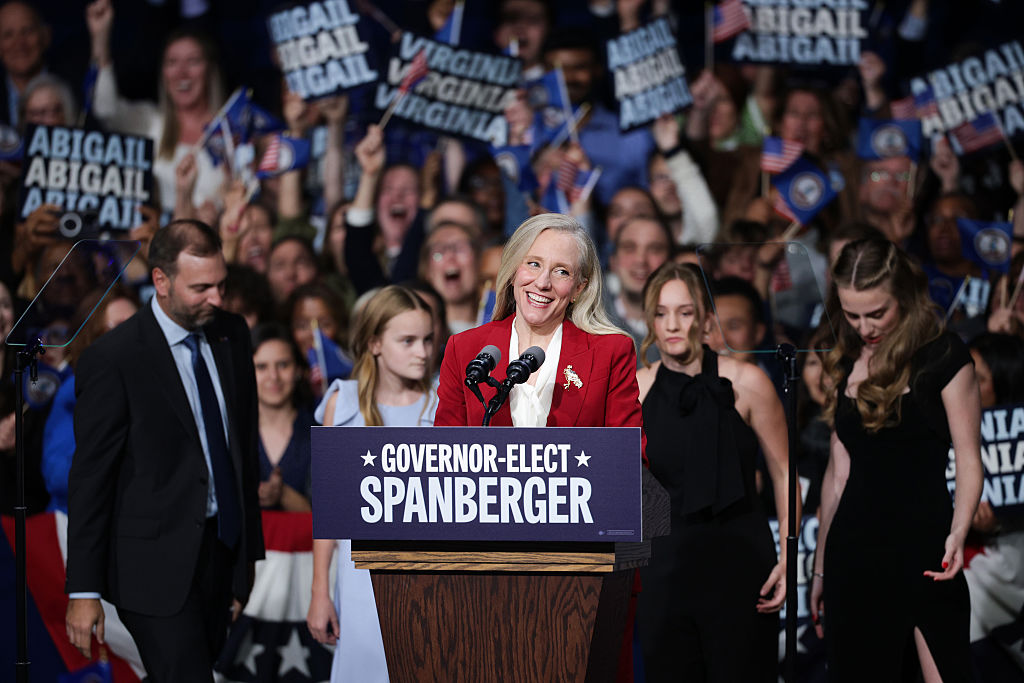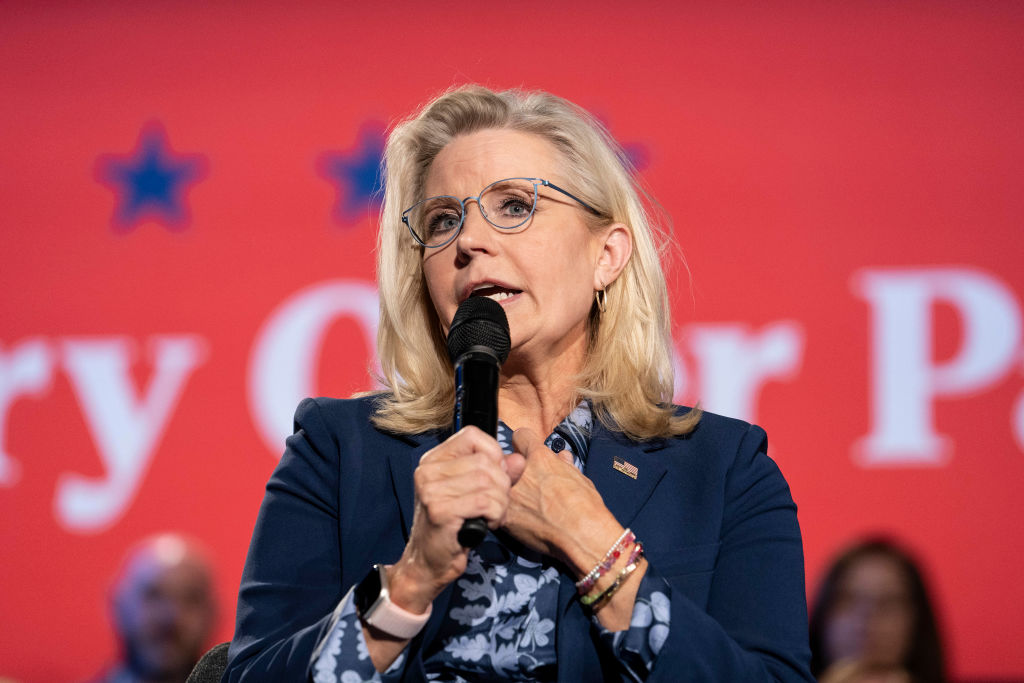Abigail Spanberger’s victory in the Virginia gubernatorial election should come as no surprise. In the last 50 years, the state has only once elected a governor who belongs to the same party as the president. While the outcome might not be out of the ordinary, it doesn’t bode well for the Republican party in next year’s midterms – Spanberger won by a 15-point lead, much wider than the two-point margin of the 2021 race.
Spanberger is a former CIA officer who served three terms in Congress. Her opponent Winsome Earle-Sears has served as Virginia’s lieutenant governor since 2021, but failed to connect with voters in the way that Virginia’s incumbent Governor Glenn Youngkin did. Sears’s slightly chaotic, unconventional style of debating and campaigning gave her a reputation for being unpolished and perhaps too “Trumpy” for comfort.
It’s the first time Virginia has had two women running for governor, but the state’s Democrats framed this election as a referendum on a man: Donald J. Trump. They pointed to the impact of the President’s tariffs on the price of consumer goods and pinned the blame on him for government shutdown-induced economic pain. The high concentration of government employees in the Virginia suburbs outside of Washington, DC, means that many voters will have lost their jobs due to OMB layoffs, or to DoGE cuts earlier this year.
Sears tried to return to the culture wars issues that saw Republicans voted into the top three state offices in 2021 (governor, lieutenant governor and attorney general). Glenn Youngkin has spent the past four years successfully implementing policies banning critical race theory in schools, rolling back mask mandates and requiring students to use locker rooms and bathrooms according to their sex. If these policies are no longer as salient as they were four years ago, it’s down to the fact that state Republicans carried out their mandate.
Ghazala Hashmi beat John Reid, a Republican talk-show host, for lieutenant governor. Reid’s campaign was rocked by allegations that he’d been posting gay porn on Tumblr, which he denied. It was the source of disunity among the three candidates early on in their campaign, and at one point Youngkin had been calling for Reid to step out of the race. That dysfunction left voters with a sense that the Republicans weren’t cut out for governing the state together.
Jay Jones won the attorney general race, despite the “October surprise” revelation of his texts fantasizing about killing another Virginia representative. By then, many Virginians had cast their ballots in early voting, and such a wide margin between the two candidates for governor is likely to have carried him far enough to beat the incumbent AG Jason Miyares.
Spanberger refused to call on Jones to step out of the rack and went no further than calling his texts “abhorrent.” In her victory speech, she said Virginians chose “pragmatism over partisanship,” “commonwealth over chaos,” “leadership that will focus on problem-solving, not stoking division.” These vague platitudes might be what voters want to hear, but time will tell whether a ticket which has, by refusing to condemn Jones, all but endorsed violent rhetoric in politics can actually lower the temperature of politics.
Still, the Republicans might have cause for some hope in the midterms. They will try to frame the 2026 elections as a referendum on the socialist turn of the Democrats and the mayoralty of Zohran Mamdani. Abigail Spanberger had the benefit of campaigning on the basis of what she was not: not Trump, not MAGA. The Democrats’ directionlessness of late has allowed her to not be tied to the Democratic party on a federal level. But it’s unlikely that voters beyond NYC and urban coastal cities will find the socialism represented by Democrats like AOC, Sanders and Mamdani palatable.


























Leave a Reply